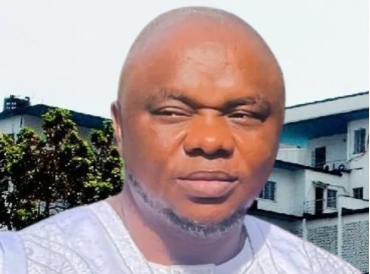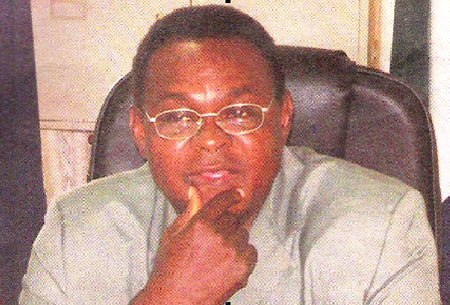In the intricate web of our current political landscape, the understanding of citizens’ rights and responsibilities could form the cornerstone of our collective harmony and progress. While our rights empower us with freedoms and protections, our responsibilities should tether them to the welfare and stability of the communities we live in. This delicate balance between entitlements and duties defines the essence of the new citizen in the new Sierra Leone that we want and which should be bigger than anybody or bodies.
First and foremost, our rights embody the fundamental freedoms that underpin our democracy. These rights include “Freedom of Expression,” which has been properly guaranteed by repeal of section 5 of the Public Order Act of 1965 by His Excellency, President Julius Maada Bio; Association and Faith”.
Freedom of Expression gives a green light to people to voice their opinions, advocate for change, and participate in a free public discourse without fear of retribution. Additionally, we have rights such as those to privacy; due process; equal treatment before the law; safeguard of citizens’ autonomy and dignity and ensuring that the citizens are protected from arbitrary state intrusion and discrimination.
However, alongside these rights, we also bear some weighty mantle of responsibilities towards the land that we love, Sierra Leone. These responsibilities encompass a broad spectrum of civic duties, ranging from obeying laws and paying taxes and actively participating in the democratic process of your country.
Respecting the Rule of Law and respecting the rights of others are fundamental principles that underpin the ‘social contract’ between citizens and the state.
Moreover, contributing to the common good through community service, volunteerism, and environmental stewardship fosters some sense of solidarity and strengthens the bonds of social cohesion.
Over the years, the relationship between our rights and responsibilities has not been straightforward, and this has led to tensions between individual freedoms and societal obligations and it has also prompted debates over where to draw the line.
For instance, the exercise of free speech (which is gradually turning into hate speech) has clashed with the need to maintain public order, leading to discussions about the limits of expression in a pluralistic society. Similarly, the tension between our personal autonomy and the collective welfare of the country has often surfaced in debates surrounding issues such as public healthcare measures or environmental regulations.
Navigating these complexities requires a better understanding of the interplay between rights and responsibilities. While our rights empower us to pursue our interests and aspirations, they are not absolute and must be exercised in a manner that respects the rights of others and upholds the common good.
Surely, striking a balance between our rights and responsibilities is essential for fostering a thriving Sierra Leone that we shall all be proud of. It entails cultivating a culture of civic engagement, where citizens are actively involved in shaping the policies and institutions that govern their lives.
It also requires commitment to upholding the principles of justice, equality, and solidarity and ensuring that the rights of all members of society are respected and protected.
In conclusion, our rights and responsibilities are integral components of the new democratic citizenship, each complementing and reinforcing the other.
By upholding our rights and fulfilling our duties towards our country, we contribute to the collective well-being and resilience of Sierra Leoneans.
In this symbiotic relationship between rights and responsibilities lies the essence of the new citizen in the New Sierra Leone that we seek.
By Bockarie Abdel Aziz Bawoh
Deputy Minister of Information and Civic Education













